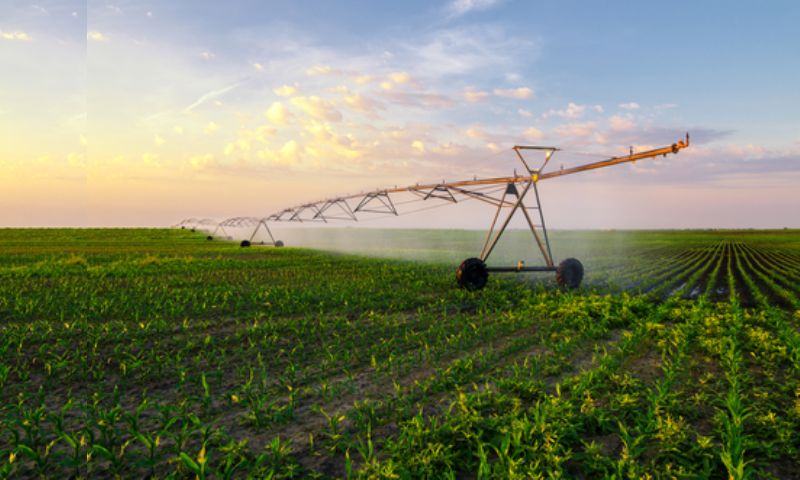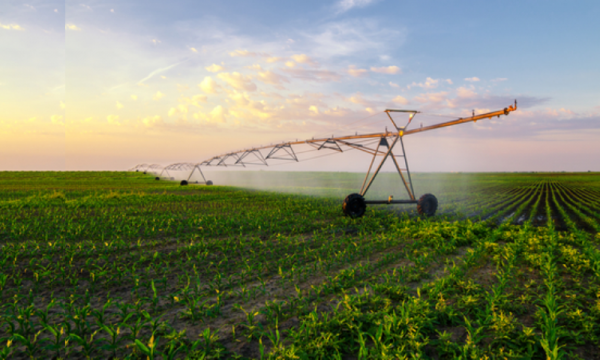As the global agricultural landscape continues to evolve, the integration of technology into traditional farming practices has become essential for sustainable and efficient food production. In Nigeria, where agriculture plays a pivotal role in the economy, the concept of smart farming is gaining traction. In this article, we explore the step-by-step process of setting up a smart farm in Nigeria, harnessing the power of technology to optimize productivity, conserve resources, and foster agricultural sustainability.
Read more about Agriculture
Understanding the Landscape
Nigeria boasts a diverse agricultural sector, with various crops, livestock, and climatic conditions. Before delving into the specifics of smart farming, it’s crucial to conduct a thorough analysis of the local agricultural landscape. Consider factors such as soil types, weather patterns, and market demands to tailor your smart farm to the specific needs of your region.
-
Define Your Goals and Objectives
Begin by clearly defining the goals and objectives of your smart farm. Whether it’s improving crop yields, optimizing resource use, or implementing sustainable practices, having a well-defined vision will guide your decisions throughout the setup process.
-
Select Suitable Crops and Livestock
Choose crops or livestock that are well-suited to the local climate and market demand. Conduct market research to identify profitable opportunities and align your choices with the needs of the community.
-
Evaluate Technological Solutions
Explore the array of technological solutions available for smart farming. This may include precision agriculture, automated irrigation systems, drones for crop monitoring, and sensor-based livestock management. Evaluate these options based on your farm’s specific requirements and budget constraints.
-
Invest in Precision Agriculture
Precision agriculture involves using technology to optimize field-level management of crop farming. Utilize soil sensors, GPS technology, and data analytics to precisely manage resources such as water, fertilizers, and pesticides. This not only improves efficiency but also minimizes environmental impact.
Sign up for the Connect Nigeria daily newsletter
-
Automated Irrigation Systems
In a country where water scarcity can be a challenge, implementing automated irrigation systems is crucial. Drip irrigation and sensor-based watering systems help conserve water by delivering it directly to plants when and where it’s needed.
-
Utilize Drones for Crop Monitoring:
Drones equipped with cameras and sensors can provide real-time insights into crop health, pest infestations, and overall farm conditions. Incorporating drone technology allows for proactive decision-making, preventing potential issues before they escalate.
-
Implement Livestock Management Technologies
For livestock farming, consider RFID tags for animal tracking, smart feeding systems, and health monitoring devices. These technologies not only improve the well-being of the animals but also enhance the efficiency of farm operations.
-
Solar-Powered Solutions
Given the intermittent power supply in some regions of Nigeria, incorporating solar-powered solutions can be a game-changer. From solar pumps for irrigation to solar-powered sensors and devices, harnessing the abundant sunlight can ensure uninterrupted farm operations.
-
Data Management and Analytics
Establish a robust data management system to collect and analyze data from various sensors and devices. This data-driven approach allows for informed decision-making, helping you optimize processes and maximize yields.
-
Training and Capacity Building
Ensure that your team is adequately trained to operate and maintain smart farming technologies. Investing in the skills and knowledge of your workforce is essential for the successful implementation and long-term sustainability of your smart farm.
Register to attend the CN Business Mixer
-
Integrate Sustainable Practices
Smart farming goes hand in hand with sustainability. Implement eco-friendly practices such as organic farming, water conservation, and waste recycling to minimize your farm’s environmental impact.
Conclusion
Setting up a smart farm in Nigeria is a visionary step towards transforming traditional agriculture into a modern, efficient, and sustainable practice. By embracing technology, precision agriculture, and sustainable principles, farmers can not only increase their productivity and profitability but also contribute to the overall development of the agricultural sector in Nigeria. As smart farming continues to evolve, those who invest in its implementation are not just cultivating crops; they are cultivating a brighter, more sustainable future for Nigerian agriculture.
Featured Image Source: C2M
Got a suggestion? Contact us: [email protected]


